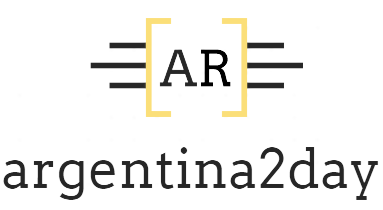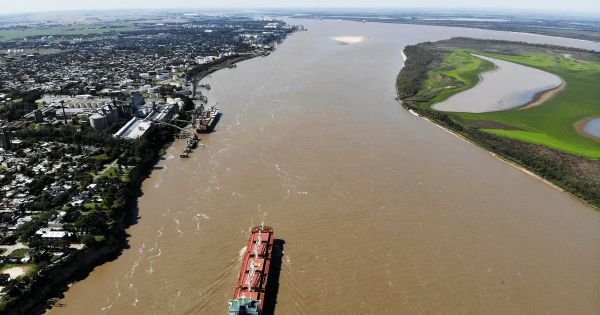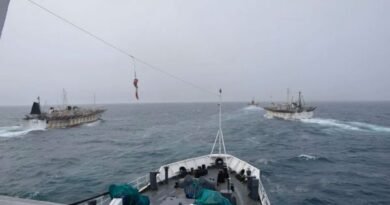Milei plans to privatize Paraná-Paraguay Waterway
[ad_1]
Milei plans to privatize Paraná-Paraguay Waterway
The waterway used to be in private hands between 1995 and 2021
Argentina’s future government of President-elect Javier Milei intends to privatize the Paraná Paraguay Waterway and bidding documents have already been drafted, but collecting tolls would remain in place, it was reported Thursday in Buenos Aires. Future Infrastructure Minister Guillermo Ferraro is said to have been working on the issue for weeks.
The waterway is currently run by the General Administration of Ports SE (AGP) and handing it over to private entrepreneurs is among Milei’s priorities. He also plans to travel to Paraguay shortly after his Dec. 10 inauguration to discuss the matter with President Santiago Peña.
Ferraro is a public accountant with a degree in Business Administration and a PhD in Economics. His experience includes prominent roles under former Presidents Eduardo Duhalde and Mauricio Macri, in addition to his involvement in the Autonomous City of Buenos Aires’ Ministry of Modernization under then-Mayor Macri. He also has a background in the private sector.
Also playing a role in this privatization process is former Transport Minister Guillermo Dietrich, who drafted a bidding document to tender the waterway based on an exhaustive study almost 3,000 pages long carried out by Latinoconsult at the request of the Chamber of Private Commercial Ports (CPPC). However, the national and international public bidding was not launched during his years under President Macri (2015-2019).
After the agreement with Hidrovía SA ended, the administration of President Alberto Fernández tried a short-lived bidding process that failed, so it was decided to place the waterway within the AGP, leading to its nationalization.
CPPC CHairman Luis Zubizarreta highlighted the need to give competitiveness to export chains, proposing to tender the dredging and beaconing of the waterway at entrepreneurial risk, with an adjusted toll so that it is the cargo that finances the work without any state disbursements, which was the case between 1995 and 2021.
We need to give competitiveness to our export chains and for this purpose, the best way is to tender the dredging and beaconing to deepen the river and do it at entrepreneurial risk with a toll as low as possible, paid by the cargo and not requiring contributions from the state. We have to work quickly on the bidding documents and on the studies that show that the work will not harm the environment, Zubizarreta told Transport & Cargo.
[ad_2]
Source link




